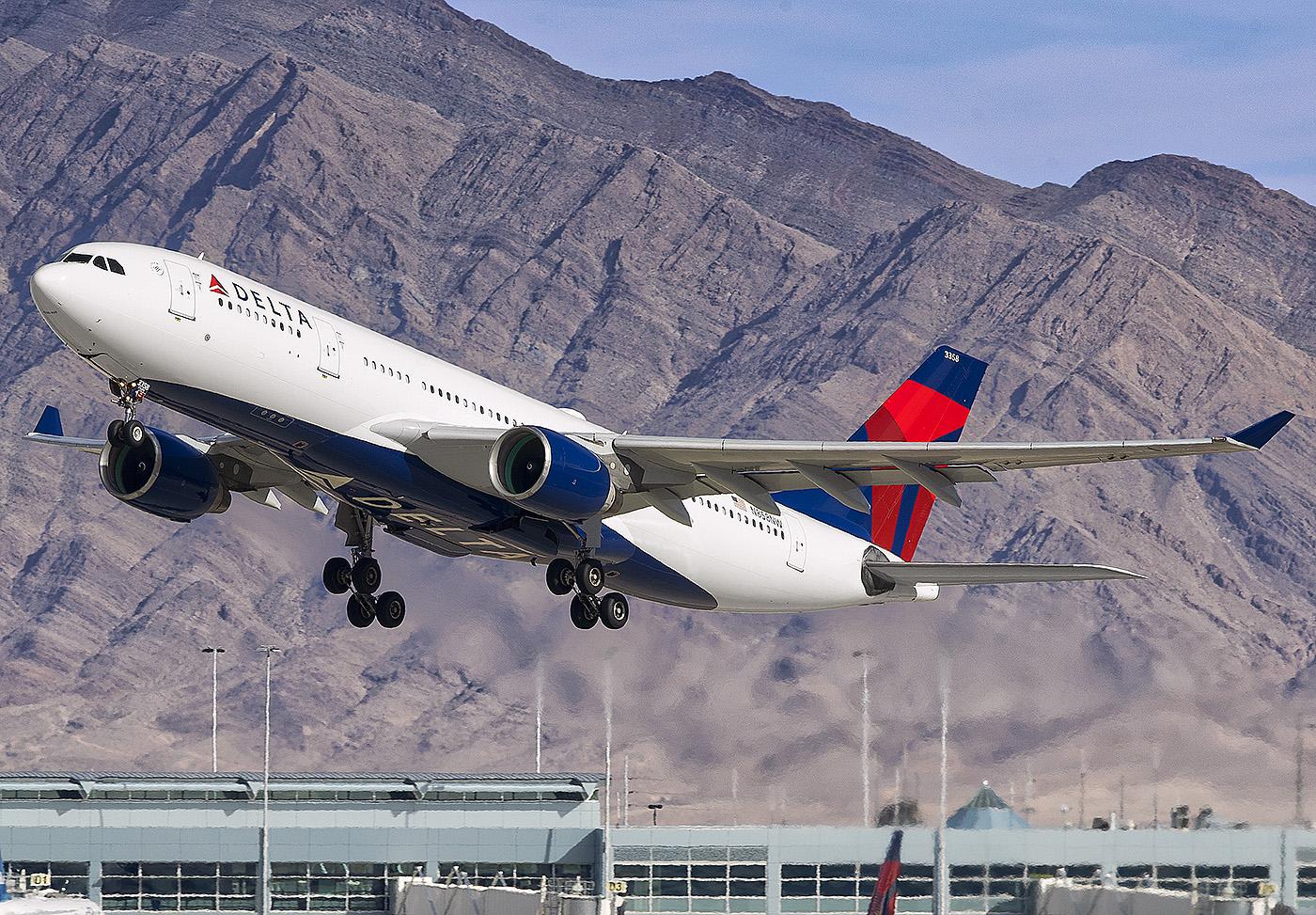
Delta Air Lines executives expressed confidence that the brunt of the COVID-19 pandemic will be “in the rear view mirror” by this spring, leading to strong passenger demand as the year moves forward.
“We feel we’ll have a very robust demand profile for the spring and summer,” said president Glen Hauenstein while discussing the company’s $280 million 2021 net profit. The SkyTeam member would have posted a significant net loss absent $3.8 billion in aid from the US government.
Delta’s capacity was restored to 79% of pre-COVID levels in the fourth quarter, which Hauenstein conceded was five percentage points below the US industry average, something he attributed to Delta managing capacity “carefully.”
The last several weeks were “some of the most difficult travel conditions that we ever remember experiencing,” CEO Ed Bastian said, pointing to omicron variant-related staffing shortages and winter weather that caused a raft of flight cancellations.
“The good news is that over the past seven days we’ve been stabilizing,” Bastian said, noting that only 1% of the carrier’s scheduled flights were canceled on Jan. 12. “It appears that the worst may be behind us.”
Bastian said the first 60 days of the year will be impacted by COVID-19, but he expects the US airline industry’s recovery to “zoom” in the spring and summer.
“This time of year [is best for having low demand] because these first five weeks of the year are some of the lightest weeks for business travel,” Bastian said. The first quarter is typically the weakest quarter for US airlines.
Full-year 2022 capacity is expected to be down 10% compared to 2019, with capacity restoration backended. The airline has previously said it will reach 100% of pre-pandemic capacity in the third and fourth quarters of 2022.
Hauenstein said “‘long-haul international trends were positive” in November and early December, but “this momentum stalled” later in December as COVID-19 cases surged in the US and around the world. “The swift increase in case counts is impacting short-term demand,” he said. “Once case counts begin to decline, we expect to recapture some of the December demand decline.”
Hauenstein said he expects strong demand on international routes as the year moves forward, with the exception of transpacific flights to Asia. “Asia remains very constrained and our restoration of Asia [routes] through the summer is very minimal,” he noted.
One notable development in the US airline industry is the emergence of leisure passengers booking business-class seats. “The headline for us is we believe premium leisure is here to stay,” Hauenstein said.
Bastian emphasized Delta views the bulk of its growth potential on international routes rather than domestic routes. “Long-term our opportunity is international,” he said. “That’s where the growth is.”
But he conceded operating international routes “is expensive, it’s competitive and it’s hard to do it alone,” which is why Delta has made heavy investments in securing ownership stakes with foreign airlines, including Aeromexico, Virgin Atlantic and LATAM Airlines Group.
“We need strong partners in the international marketplace,” Bastian said, noting that he believes codeshare partnerships and even joint ventures are inadequate. Gaining an ownership stake is important because it gives Delta “a seat inside the company,” from which it can help with network planning and developing the on-board product.
